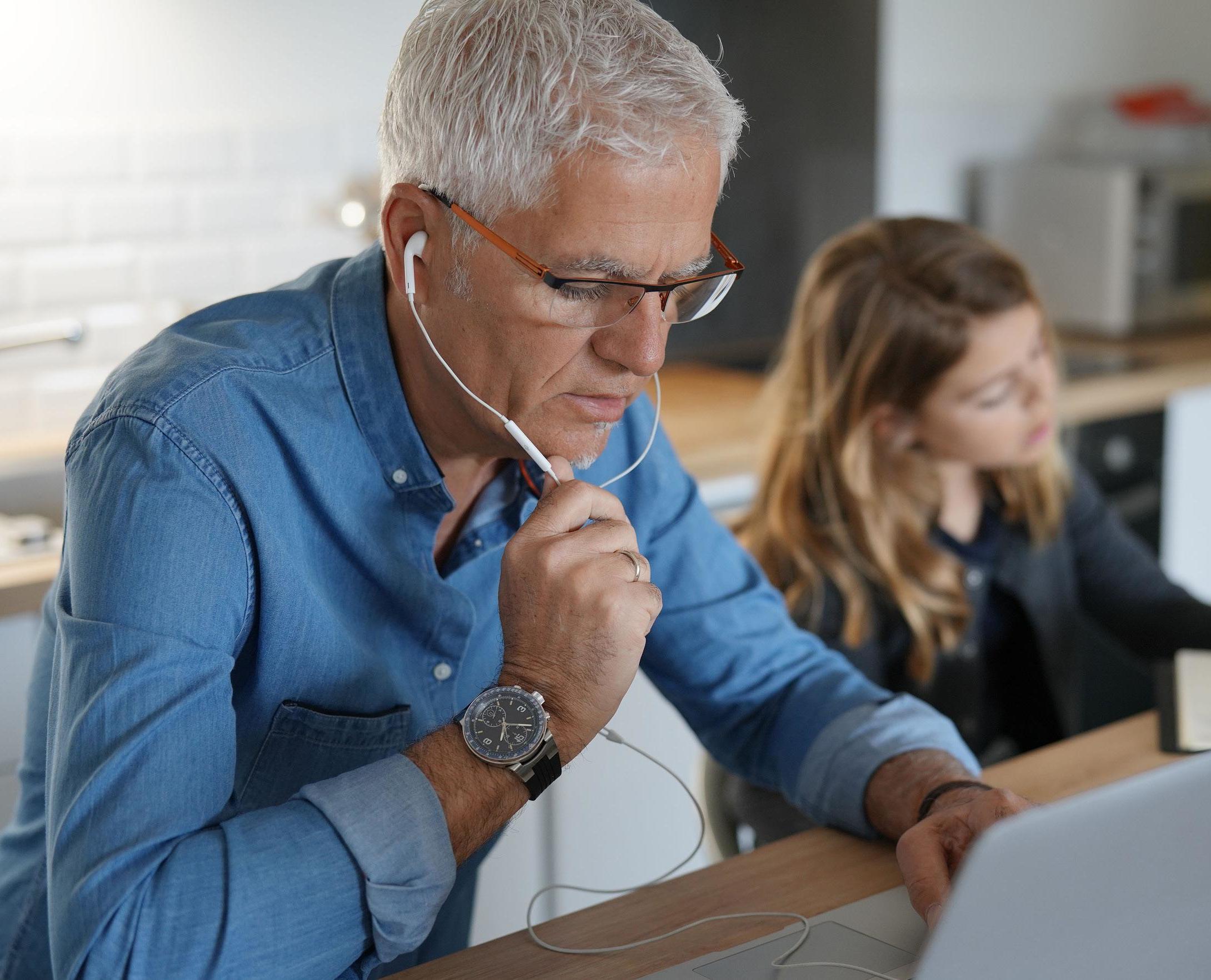
4 minute read
HOW TO MANAGE STRESS LEVELS
As the number of coronavirus cases rise across Australia, the level of anxiety within the community is increasing. Feelings of worry and unease can be expected following a stressful event, such as the recent declaration of a global pandemic, however, it is important that we learn to manage our stress.
Many things can amplify stress during a crisis, such as one or more of the following:
Advertisement
● Not having a clear division between home and work
● Not feeling like you can have time out for yourself
● Your business is going backwards or you feel like you’re a failure
● Financial stress or the unpredictability of your income
● Uncertainty of when your next job or client will be coming in
● Having multiple duties and responsibilities in many different areas of the business
● Lack of support in your social groups for what it’s like to be self employed (or a lack of awareness about depression)
● Huge amount of accountability to other people (your employees, spouse or family)
● Working when you feel unwell because you feel like you can’t take a break
● Even longer and more demanding hours than those of a corporate employee (and you might feel that it’s not even as rewarding)
Here are some ways to help manage your stress levels and keep on top of anxiety through the coming months.
TALKING
It is normal to feel sad, stressed, confused, scared or angry during a crisis. Human contact is so important while we lose physical interactions with each other, so contact your friends and family regularly on the phone or set up video chats and messenger groups to keep that sense of community. If you’re working from home, video calls each day can help feelings of isolation from overwhelming workers.
HEALTH
Maintain a healthy lifestyle - including proper diet, sleep, exercise and don’t use smoking, alcohol or other drugs to deal with your emotions. If you feel overwhelmed, talk to a health worker or counsellor. Keeping yourself healthy during times of stress will help you cope better in the long run.
GET THE FACTS
Gather information that will help you accurately determine your risk so that you can take reasonable precautions. Find a credible source you can trust such as WHO website or, a local or state public health agency and limit your media use to a need-to-know basis only.
BE KIND TO YOURSELF AND YOUR FAMILY
This is an anxious and stressful time for everyone, and it’s okay if you feel more anxious than usual. It’s more important than ever to take time for yourself to manage your mental health. Let things go a little wayward. You don’t need to be superhuman right now. Just focus
KEEP PERSPECTIVE
When we are stressed, it is easy to see things as worse than they really are. Rather than imagining the worst-case scenario and worrying about it, ask yourself:
Am I getting ahead of myself, assuming something bad will happen when I really don’t know the outcome? Remind yourself that the actual number of confirmed cases of coronavirus in Australia is still low compared to other nations.
Am I overestimating how bad the consequences will be? Remember, illness due to coronavirus infection is usually mild and most people recover without needing specialised treatment.
Am I underestimating my ability to cope? Sometimes thinking about how you would cope, even if the worst were to happen, can help you put things into perspective. Remind yourself about hard times you have bounced back from in the past.
PRACTISE SELF - CARE
To help encourage a positive frame of mind, it is important to look after yourself. Everybody practises selfcare differently with some examples including: Make time for activities and hobbies you enjoy at home, such as painting, reading, gardening, working out or cooking. Or, practise relaxation, meditation and mindfulness to give your body a chance to settle and readjust to a calm state. You can find selfmanagement strategies for anxiety from
THE BOTTOM LINE Smiling Minds (app) or Calm which are simple to use and effective for novices and experts.
HELP OTHERS IF YOU CAN
People who are more vulnerable to coronavirus and the COVID-19 illness may have to take extra precautions or isolate themselves more than others. Ask friends, family members, or neighbours if they need anything, such as groceries or other household needs. Simply checking in regularly by phone, text, or video call can make a big difference. Helping others can make us feel as though we have a little sense of control or purpose in a crisis.
SEEK ADDITIONAL SUPPORT
If you feel that the stress or anxiety you experience as a result of the coronavirus is impacting on everyday life, a psychologist may be able to help. Psychologists are highly trained and qualified professionals, skilled in providing effective interventions for a range of mental health concerns, including stress. Visit your GP for a referral and you might be eligible for a Medicare rebate. You may also be eligible to receive psychology services via telehealth so that you do not need to travel to see a psychologist. Ask your psychologist or GP for details.
beyondblue
www.beyondblue.org.au
300 22 4636
Lifeline Australia
www.lifeline.org.au
13 11 14
Black Dog Institute
www.mycompass.org.au







